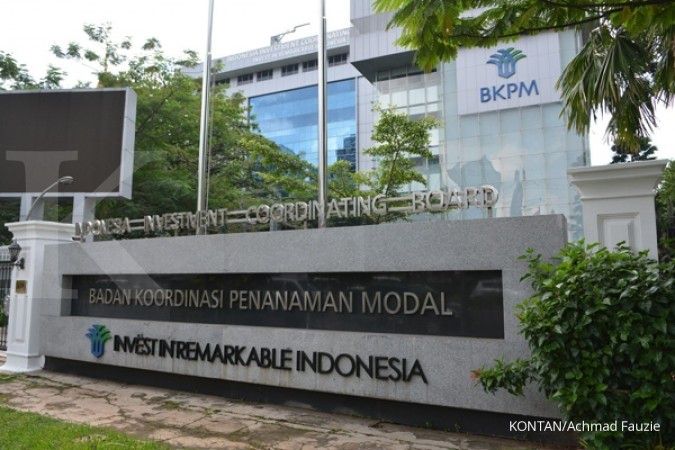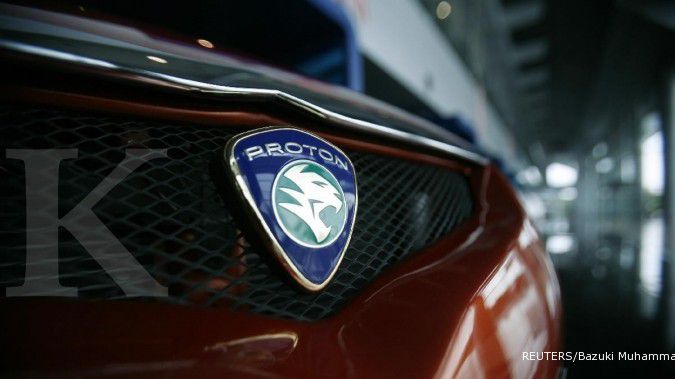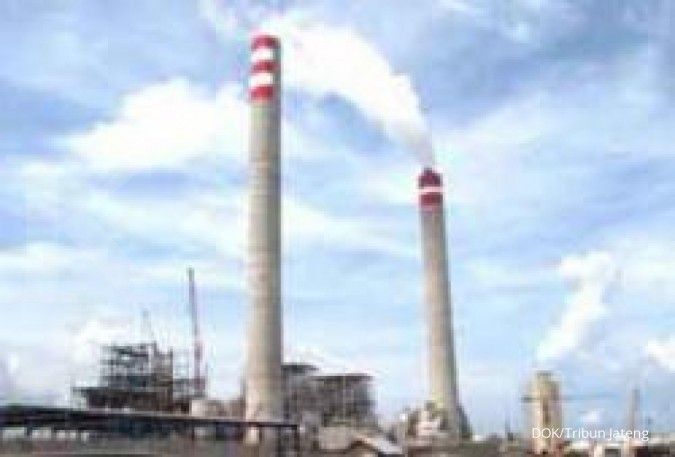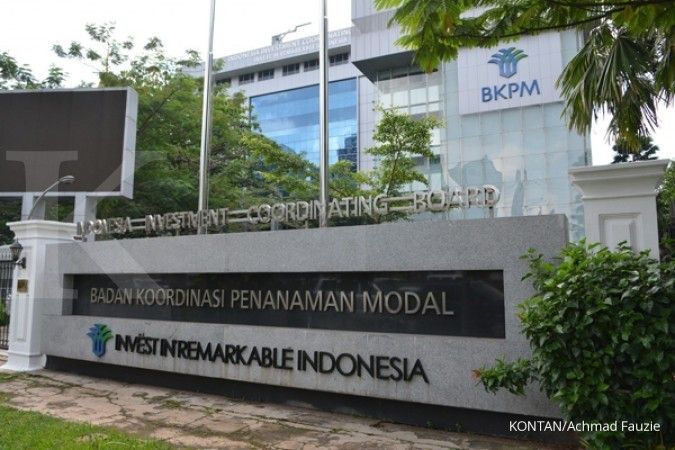JAKARTA. Realized investments are expected to decline slightly in the first quarter of this year as a result of the usual seasonal slowdown during the first months of the year.
Investment Coordinating Board (BKPM) deputy director for investment monitoring and implementation Azhar Lubis said realized investment during the first quarter was expected to range between Rp 115 trillion (US$8.9 billion) and Rp 120 trillion.
This would amount to less than 25 percent of the full-year target of Rp 519.5 trillion or almost the equivalent of the Rp 120.4 trillion recorded in the fourth quarter of last year.
However, it would be 12.57 percent higher than Rp 106.6 trillion in the same quarter last year.
He said the realized investment would be lower than in later quarters because corporate spending usually slowed during the first months of the year.
“The investments will comprise both projects extended from last year and totally new projects with some permits issued from 2010 to 2013,” Azhar told The Jakarta Post recently.
The quarterly investment represents a wide range of fields, such as infrastructure, smelters and agro-commodity processing.
Advanced projects would include a pulp and paper mill in South Sumatra, palm-oil refineries in Riau, smelters in Sulawesi, an electronic component factory and a synthetic rubber and chemical plant in unspecified locations, Azhar said.
New projects might comprise a variety of infrastructure developments, such as toll roads and ports, he added.
President Joko “Jokowi” Widodo last month inaugurated the construction of a toll road connecting Binjai with Medan, part of the Trans-Sumatra toll road mega-project and multi-purpose Kuala Tanjung seaport, both in North Sumatra.
Other infrastructure projects include a 3x142 megawatt (MW) coal-fired power plant totaling Rp 4.8 trillion and a 2x15 MW coal-fired power plant worth $300 million, both in South Sumatra, and a 2x35 coal-fired power plant in Batam worth $68 million, according to BKPM deputy director for investment planning Tamba Hutapea.
Investment, a key driver of growth in Southeast Asia’s biggest economy, amounted to Rp 463.1 trillion last year, up by 16.2 percent, a slower pace than in the previous few years, which recorded growth rates of over 20 percent.
The board has set a moderate target of an increase of around 14 percent in realized investment for this year, Rp 343.7 trillion from foreign investors and the remainder from domestic firms.
Imports of raw materials, intermediary inputs as well as capital goods — all indicators of investment — in January continued a downward trend, according to trade figures released by the Central Statistics Agency on Monday.
Monthly purchases of raw materials and intermediary goods fell by 15.02 percent to $9.61 billion, while imports of capital goods plunged by 16.29 percent to $2.2 billion.
Indonesian Institute of Sciences (LIPI) economist Latif Adam agreed with the forecast that investment would likely be realized at a slower pace in the first quarter of this year, a pattern seen in the past decade.
However, several factors would come into play in the realization of investment, he said, such as fiscal and monetary policies pursued by the government and Bank Indonesia, and the political situation after last year’s elections.
“The government’s policies of boosting tax collection and maintaining high interest rates are bad for direct investment as they push up the cost of doing business and affect expected returns on investment. They may become disincentives for investors to realize their business plans,” he told the Post. (Linda Yulisman)
BKPM expects slowdown in Q1 investment
February 18, 2015, 05.04 PM
/2014/12/10/338109287.jpg)
ILUSTRASI. Sebelum Tukar Vakas, Cek Kurs Dollar-Rupiah di Bank Mandiri Hari Ini Selasa (5/9)./pho KONTAN/Carolus Agus Waluyo/14/12/2022.
Source: The Jakarta Post
| Editor: Hendra Gunawan
Latest News
-
February 24, 2026, 03.38 PM
Eni to Reach Final Investment Decision for Indonesia Gas Projects Next Month
-
February 24, 2026, 01.00 PM
Asia Stocks Try to Steady after Wall Street Selloff Sims Mood
-
February 23, 2026, 04.50 PM
Wall Street Futures and Dollar Slide on Trump Tariff Tumult
-
February 23, 2026, 02.17 PM
Indonesia's Government Spending Jumps 26% in January 2026
-
February 23, 2026, 01.47 PM
Indonesia's Government Spending Jumps 26% in January
-
February 21, 2026, 06.00 AM
Indonesia's Pertamina to Maintain Bidding Process for US Energy Imports
-
February 20, 2026, 01.23 PM
Indonesia Secures 19% Tariff Deal with US, Palm Oil and Other Commodities Exempt
-
February 20, 2026, 08.33 AM
Indonesia, US Sign Agreement on Reciprocal Trade, Indonesian Ministry Says
-
February 19, 2026, 08.12 AM
Indonesia, Freeport Units Sign MoU to Extend Mining Permit beyond 2041













